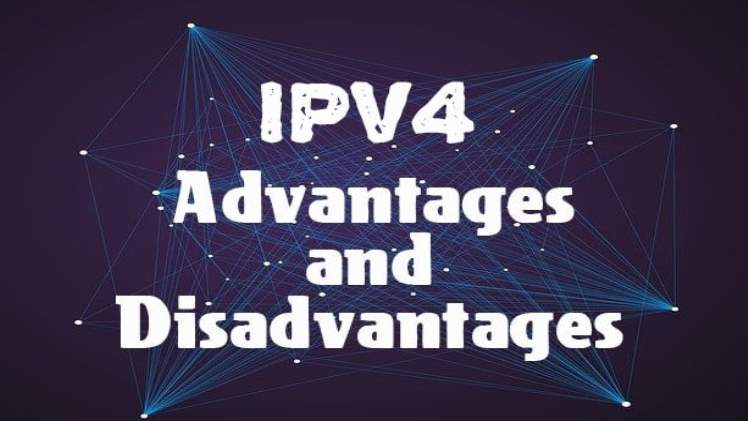Understanding Proxies and Why They Are Useful
What is a Proxy Server?
A proxy server acts as an intermediary for requests from clients seeking resources from other servers. It redirects internet communications from one machine to another. For example, your workplace or school network may block access to certain websites. Using a proxy allows you to route your requests through another server to access blocked sites.
Privacy Protection
When you connect to a website through a proxy server, your actual IP address remains private. The proxy server handles the communication with the target site instead. So even if the site stores logs of visitor IP addresses, it will only see the proxy server’s IP and not yours. This enhances your privacy and security online.

Why Use a Proxy Server?
Bypassing Geo-Restrictions
Many content providers restrict access to certain regions. For instance, a streaming service may block users outside the US from viewing its library. Using a proxy allows you to change your apparent location and access region-locked content. By routing traffic through a proxy server in the permitted country, you can fool websites into thinking you are locally based.
Circumventing Censorship
Governments in some parts of the world censor the internet by blocking access to certain sites and topics. For example, social media platforms may be restricted. A proxy helps people in censoring regimes to reach blocked information by hiding their true IP and routing traffic anonymously.
Boosting Anonymity
Browsers and other clients leave digital footprints like IP addresses that can be used to identify users. A proxy masks your online identity by acting as an intermediary. Even if sites track visitor data, they only see the proxy’s details rather than private information like your physical location. This enhances anonymity for activities like privacy-focused web browsing.
Types of Proxies
Local Proxy Server
This involves installing proxy server software on your own computer. It routes requests through your machine before accessing external resources. However, it has limitations since it relies on your internet connection and hardware resources.
Remote Web-Based Proxy
Here, the proxy service runs on an external server controlled by a third party. You connect to it via a web interface without needing any local software. This provides advantages like universal accessibility from any device with a browser. Services like anonymous web browsing proxy are ideal for this type.
How Do Proxies Work?
When you attempt to access a website, your browser first connects to the proxy server instead of going directly to the target site. The proxy then makes the request on your behalf and returns the response to your device. To the external server, it appears the proxy initiated the communication rather than your actual computer. Some key points:
- The proxy changes your visible IP address so the destination sees its address instead of yours.
- It encrypts traffic between you and the proxy using HTTPS to preserve privacy.
- Popular proxy protocols like SOCKS5 allow apps beyond browsers to route through proxies.
- Proxies may cache content to reduce bandwidth usage and speed up subsequent identical requests.
So in summary, a proxy effectively acts as a middleman to anonymize your identity and location on the public internet. Both the website and your network/firewall only see the proxy - not your actual device or geo-location.
Choosing a Reliable Proxy Service
With the growth of free web-based proxies, it can be hard to identify trustworthy providers. When selecting a service, consider factors like:
- Server locations - Choose one with nodes in your preferred countries/regions.
- Encryption - Look for HTTPS/SSL encryption of all traffic between your device and proxy.
- No-logs policy - Services committed to zero monitoring&logging of users preserve maximum privacy.
- Uptime reliability - Check reviews for consistent uptime percentages of 99% or higher.
- Speed performance - Fast proxies minimize latency impacts on your browsing experience.
- Pricing options - Both free and paid tiers exist, with premium subscriptions removing usage caps.
- Ease of use - User-friendly web interfaces simplify setup and changing proxy server locations.
For meeting the above criteria, services like Hidester are great options to try. They provide secure, high-performance yet user-friendly anonymous proxy access.
In conclusion, proxies act as vital tools for privacy, security, and unfettered internet access. Understanding how they work enables making an informed choice of providers for maximum anonymity and circumvention of geographical restrictions online. Popular free services today make proxies viable solutions for both personal and business needs.
